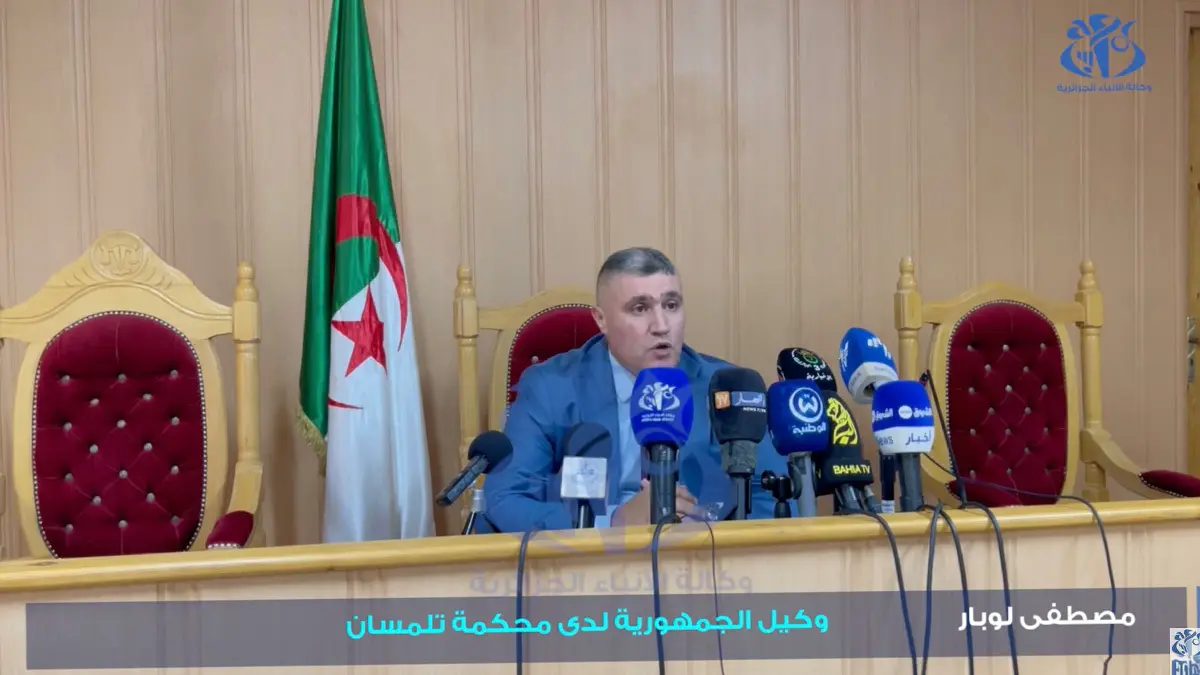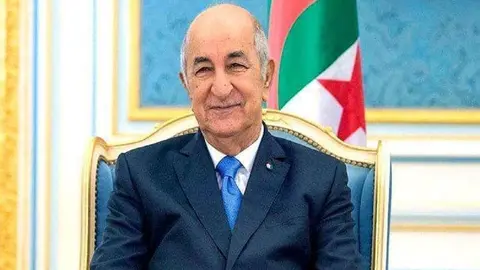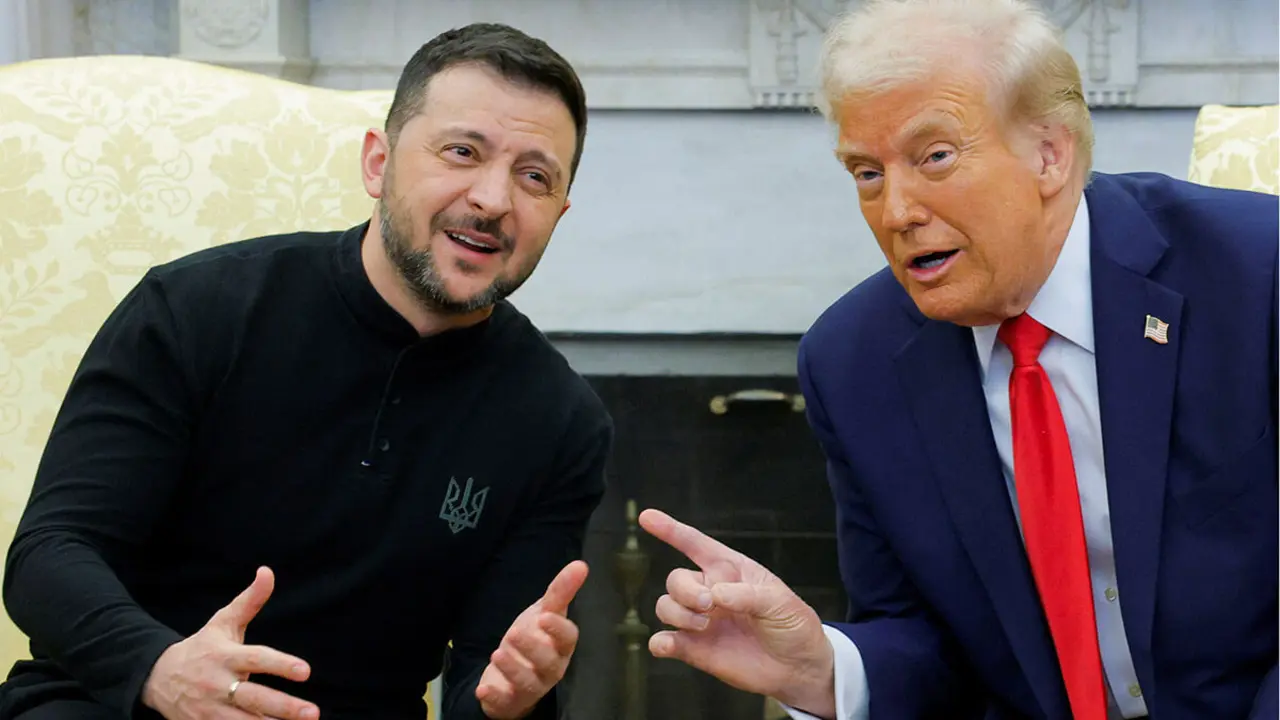The arrest of a Moroccan espionage network or the failure of Algerian counter-espionage

"On Sunday, September 1, the examining magistrate of the Court of Tlemcen ordered the provisional arrest of seven people, including four Moroccans, following the recent dismantling of an espionage and intelligence network with a view to attacking the security of the state," announced the public prosecutor's office of this Moroccan border town, quoted by the state press agency APS.
According to the same source, "the persons identified by the investigation, under criminal charges of intelligence to a foreign country, or one of its agents", were charged with "the crime of espionage", as well as "illegal entry into the territory", pointing to "four Moroccan nationals".
So far, it has not been indicated which foreign country is behind these "spies", nor is Morocco named. Morocco is not implicated in any way, despite the fact that four of its nationals are part of the network.
The main suspect is Moroccan and is believed to have entered Algeria illegally despite the hermetically sealed land borders. Nothing is known about him, apart from the initials of his first name and surname "Z. M". It is as if they are reluctant to use his full name and point to the foreign side behind him. However, his arrest led to the neutralisation of six other members of the network. It's a big deal.
It is hard to believe such information as long as the "ABC" of espionage is not respected by the Moroccan services, which not so long ago presented themselves as formidable. Services that have managed to infiltrate the most secure of presidential palaces, such as the Elysée Palace, cannot afford to be amateurs and unleash a whole squadron of spies on the enemy.
Seven spies arrested at once. That is unprecedented in the history of world espionage. When it comes to espionage, you don't even put two elements together for the same purpose. Compartmentalisation is the first rule. Spies must never know each other. Even at the highest levels of the intelligence services everything is codified. Apart from the commanding officer, no one else is allowed to know the spy's identity, target or range.
One commanding officer leading seven spies towards the same target, all of whom know each other, is pure amateurism. The script seems to have been written by an amateur who knows nothing about espionage.
And why not name the party that manipulates this network? As long as they are Moroccan citizens and some of them have entered the country illegally, probably from Morocco. They cannot be paid spies from Botswana or Nicaragua.
It is difficult to understand why the Algerian security authorities refuse to point the finger at the Moroccan services. However, the President of the Republic, Abdelmadjid Tebboune, did not hesitate to accuse Morocco by name of having ordered the forest fires in Kabylia in 2021. The Algerian authorities did not hesitate for some time to accuse Morocco of spying on high-ranking Algerian officials via Pegasus.
It is hard to believe that the Moroccan secret services, which have been called in as reinforcements by Qatar to secure the 2022 World Cup and by France to help secure the 2024 Paris Olympics, have reached such a low level of amateurism. From the dreaded Pegasus to mass infiltration, the Moroccans seem to have taken the step blithely in the imagination of a mediocre officer tasked with drafting a simply idiotic scenario.
A scenario whose objective is none other than "a call for popular mobilisation to save the nation", etc. And what would the Moroccan secret services be looking for in Tlemcen? Electoral lists or ballots to be stolen to disrupt next week's presidential elections? For the moment, we know nothing about the objectives of this new type of espionage network. Let's wait for the next few days and maybe we will get a ‘Dahdouh’ to tell us one of those stories that only Nacer El-Djen's services know how to concoct.











